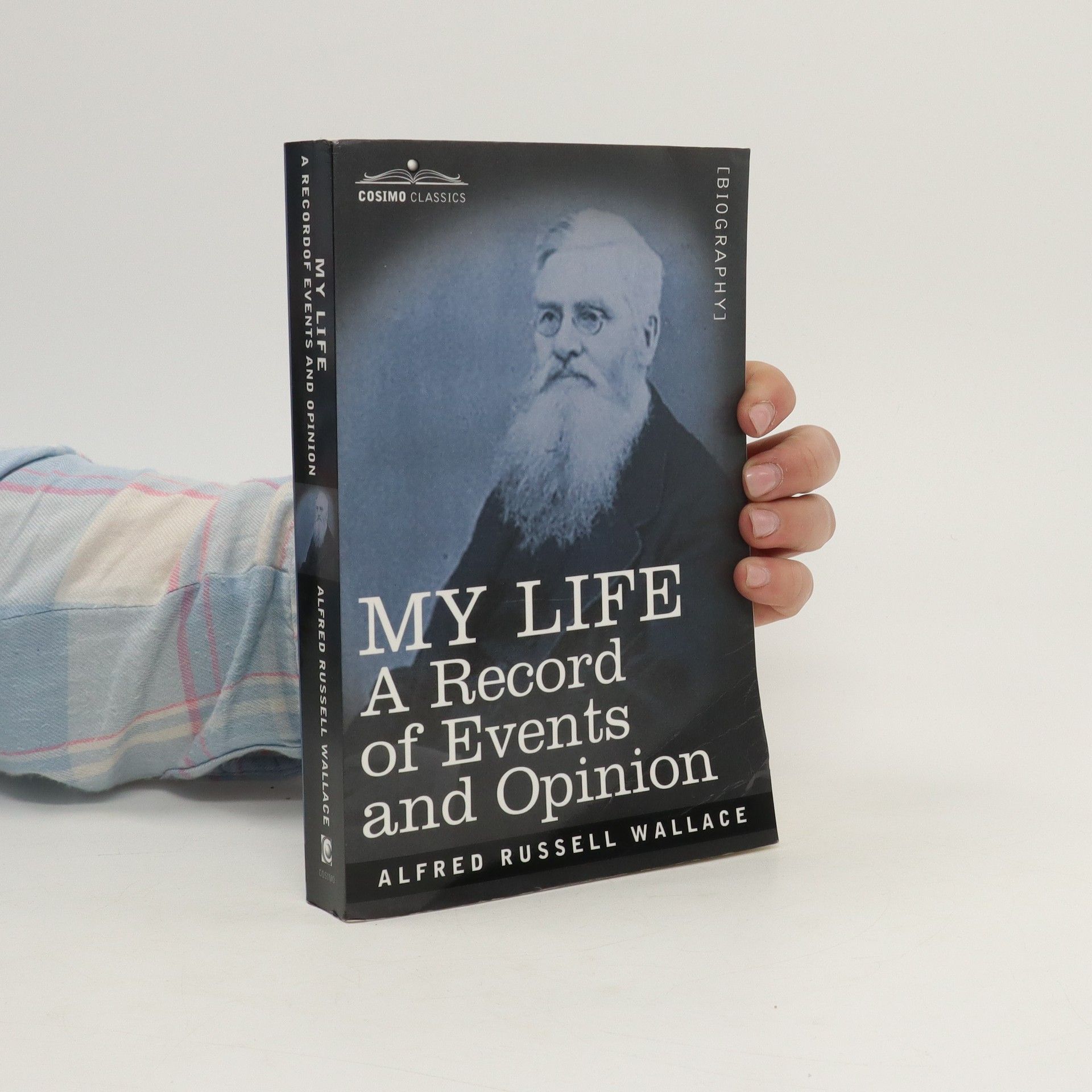The Malay Archipelago, Volume II
- 436pagine
- 16 ore di lettura
Wallace's journey through the Malay Archipelago is meticulously chronicled, highlighting his extensive collection of over 126,000 specimens, many of which were new to science. His travels not only enriched biological knowledge but also shaped his theories on evolution, culminating in the 1858 outline of natural selection that he shared with Darwin. This work, a significant contribution to 19th-century scientific exploration, is republished with a new introductory biography, reflecting its enduring impact in the field of natural history.

